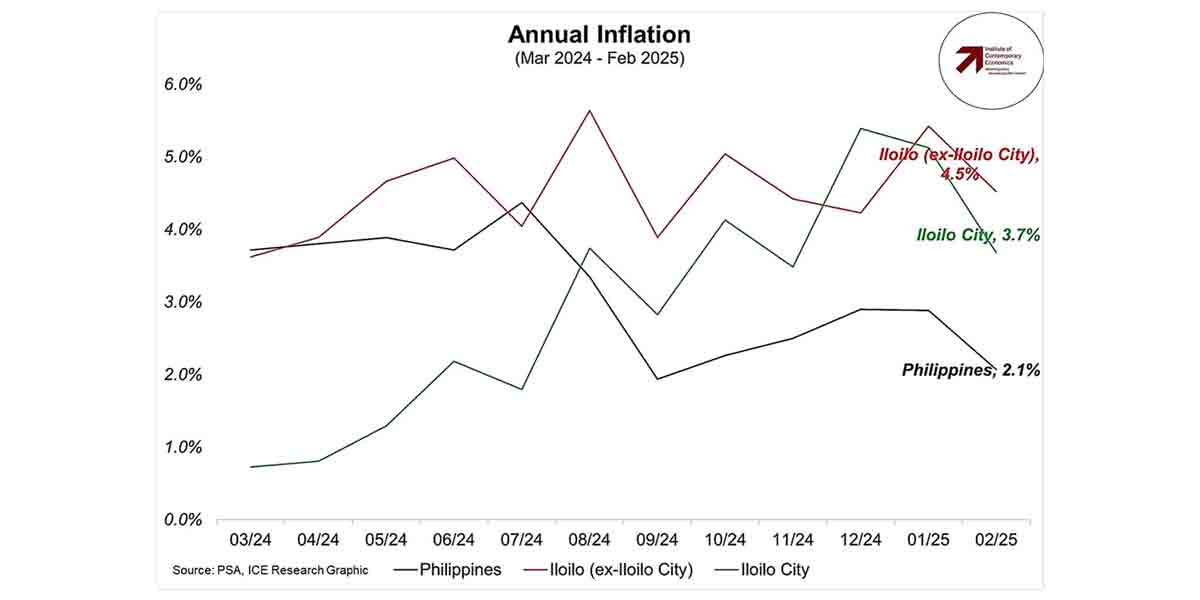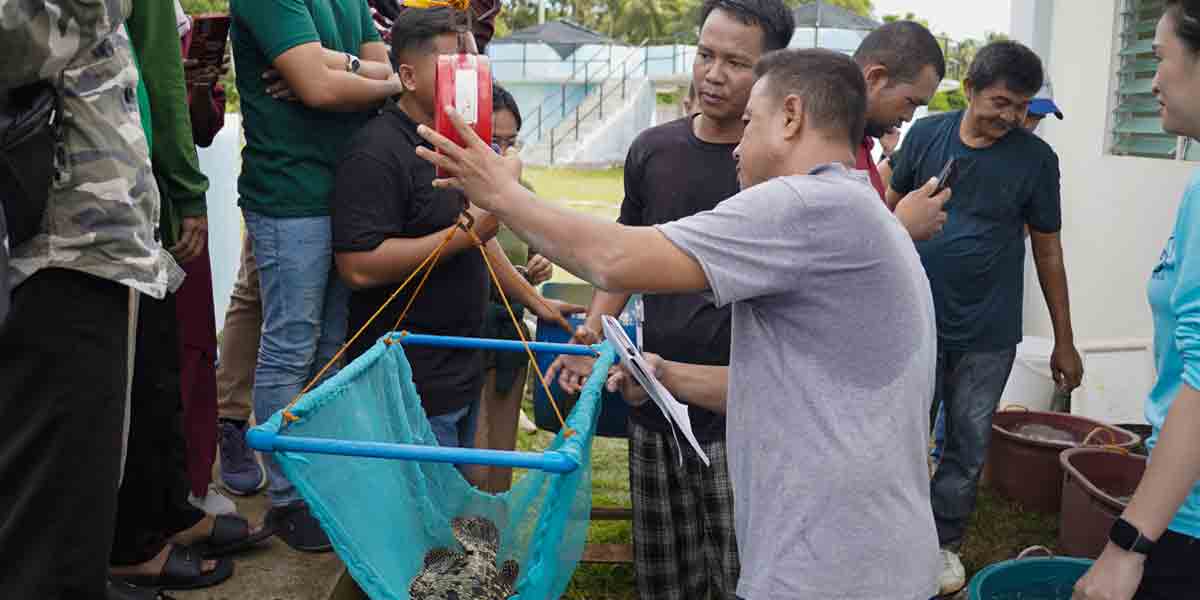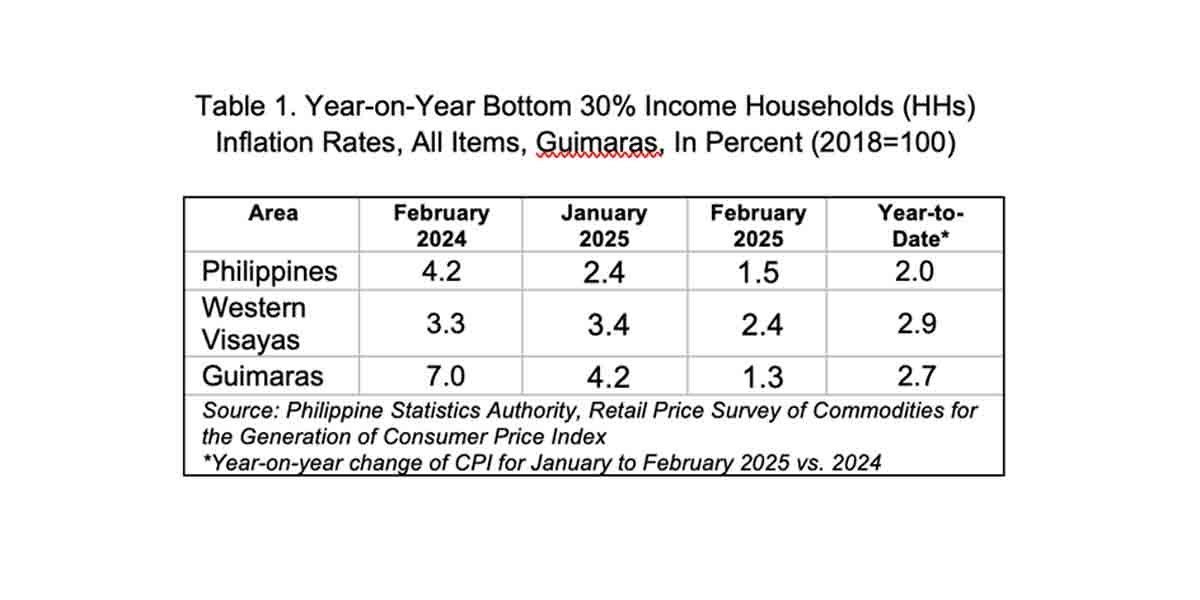The Philippines is grappling with significant agricultural losses as the ongoing El Niño phenomenon wreaks havoc across various regions, with the Task Force El Niño reporting a staggering P151.3 million in damages.
The Western Visayas and Zamboanga Peninsula, designated as Regions 6 and 9 respectively, are bearing the brunt of the adverse effects, with a profound impact on the livelihoods of approximately 4,000 farmers.
Presidential Communication Office Assistant Secretary Joel Villarama, spokesperson for the Task Force El Niño, disclosed in a Super Radyo dzBB interview that the majority of the damage is to rice crops, accounting for 93% of the losses, while corn has suffered the remaining 6%.
These figures were confirmed by the Department of Agriculture, highlighting the severity of the situation with crops beyond recovery.
In response to this crisis, the affected farmers will receive support from both the Department of Agriculture (DA) and the Department of Social Welfare and Development (DSWD).
The government is not only providing immediate financial assistance but is also offering alternative sources of income, including the distribution of domestic animals and livestock.
Additionally, the DA is distributing heat-tolerant and resistant seedlings to enable farmers to continue their cultivation despite the challenging conditions.
To mitigate the impact of El Niño, the DA is recommending farming strategies such as alternate wetting and drying, as well as a quick turnaround approach for rice planting.
Moreover, there is an ongoing effort to repair irrigation canals to sustain agricultural activities during this dry spell.
The state weather bureau PAGASA has indicated a slight reduction in the number of provinces affected by El Niño, down to 41 from 50.
However, provinces such as Apayao, Benguet, Cagayan, and several others continue to experience severe drought.
The task force anticipates that an additional 10 provinces will feel the impact of El Niño by the end of February.
The government, through the DA and the National Irrigation Administration, has already begun providing interventions to provinces experiencing drought. These efforts are crucial to alleviate the immediate needs of the farmers and to support the continued production of vital crops amidst one of the most challenging climate phenomena affecting the nation.



















